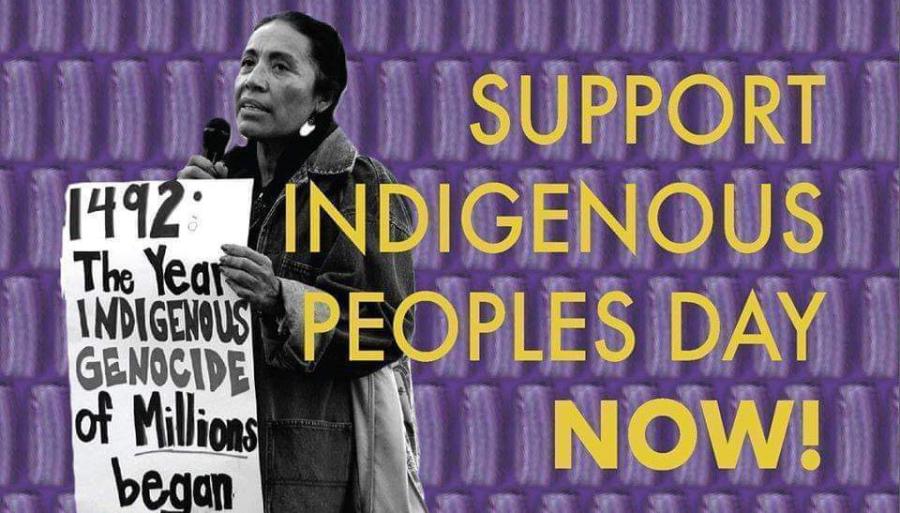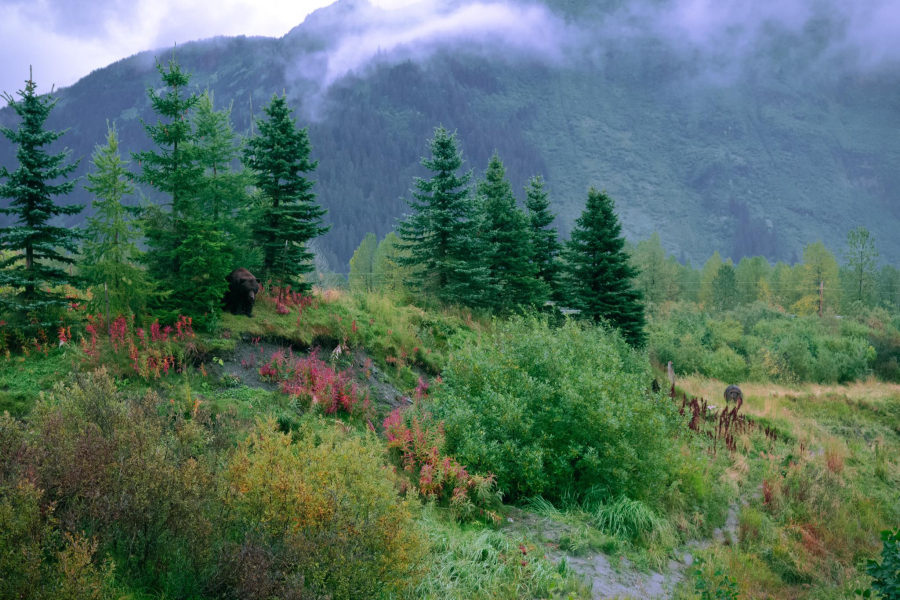Since this country was born more than 200 years ago, millions of people have come to the United States in search of religious freedom, a right guaranteed to all citizens by the First Amendment to the Constitution. Yet freedom of religion is now denied to thousands of Americans by a law passed by Congress in 1974 that requires traditional Navajo people to leave their sacred homeland in the Big Mountain area of northeastern Arizona.
The Navajo-Hopi Land Settlement Act, Public Law 93-531, was ostensibly aimed at resolving the so called "Navajo-Hopi land dispute," which involved an alleged conflict between the two tribes over use of the mineral-rich portion of the Navajo and Hopi reservation called the Joint Use Area. However, these tribes have traded and intermarried for centuries, and the more traditional among them recognize a common obligation to protect their homeland from exploitation. The real dispute was, and continues to be, between these traditional Indians who oppose development on Indian land and the government and corporate forces backed by the acculturated Indians on the tribal councils that support it.
Thousands of Navajos are resisting the forced relocation because of their religious bond with their ancestral homeland. For these people, their land is their religion. Relocating them to a foreign land would be sentencing them to slow spiritual death, already evidenced in hundreds upon hundreds of broken lives
Traditional Navajos practice their religion as their ancestors have for centuries by performing ceremonies and making prayer offerings at sacred places where they may communicate with the Creator who placed them on this land, with the responsibility to remain and care for it. In contrast to those world religions that can be celebrated anywhere, American Indian religions are not really separable from their sacred sites. Navajos who resist forced relocation are not lawless individuals but are simply obeying their Creator's instructions, passed on orally from one generation to the next.
In our traditional tongue, there is no word for relocation. To relocate is to move away and disappear. - Pauline Whitesinger, Big Mountain elder.
From Maine to Alaska, Indians who have attempted to reclaim land have been limited to monetary compensation; they have never witnessed the removal of non-Indian occupants. In this case, the traditional Indians have a strong religious identity with the land, yet Congress mandated forced relocation instead of the usual form of compensation, in a cruel and immensely costly program that is also one of the most appalling cases of discrimination against Indian people in recent history.
Turning 200 years of legal precedent on its head, our government is forcing thousands of Navajos to abandon their ancestral lands and their religion. Congress should take immediate action to reverse a program in violation of the First Amendment and allow the Navajo people to remain on their sacred homeland. Otherwise, the cost of this program will be measured not only in millions of wasted tax dollars but in the destruction of one of the last traditional native communities in North America.
Our offering places are sacred to us, and the spiritual beings take care of us. We know the land, the spiritual beings know us here. If we leave our offering places, we will not be able to survive. - Jack Hatathlie, Navajo Medicine Man.
Article copyright Cultural Survival, Inc.



